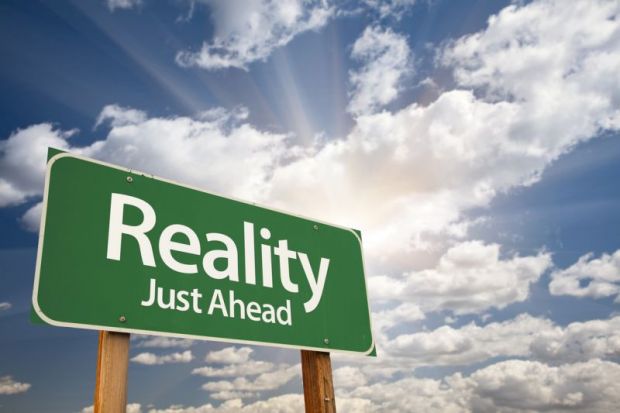Academics must recognise that they are diplomats as well as scholars and think more carefully about how to portray the value of their research, according to the vice-chancellor of a UK university.
David Richardson, head of the University of East Anglia, said that scholars should use their academic networks around the world as “diplomatic networks to bring soft power to bear on politicians”.
Speaking at the Economic Policy Group’s Education Innovation Conference 2017 in London, Professor Richardson said: “Academics need to embrace…the recognition that in addition to being academics and pursuing their research and research questions, they are actually also diplomats.”
He added that academics cannot assume that their research results present “self-evident” solutions to problems, because their findings “will not be self-evident to others and you will get pushback”.
Professor Richardson said that his university “really suffered badly” from this assumption, citing the 2010 “Climategate” affair, when the hacking of thousands of emails and documents from the institution’s Climatic Research Unit were used to claim that its scientists had manipulated results and withheld evidence from critics to shore up the case for man-made global warming.
“We hadn’t necessarily appreciated that what we thought was good work to be doing globally, some people were aggressively against [it],” he said.
“It’s not just enough to do research. You’ve got to think about how you’re going to portray that and get people to recognise the worth of it as [otherwise] they push back.”
His comments were in response to a question asking how academics could stay engaged with governments in a “post-truth” world, following a panel discussion on the best management approaches for the “fluid and ambiguous environment of global education”.
During the discussion, Professor Richardson added that universities must acknowledge that they are working in a “post-truth” environment.
“People are less ready to believe academics, and yet we can’t become islands where we think of ourselves as elite figures. We’ve got to get across our importance to society,” he said.




